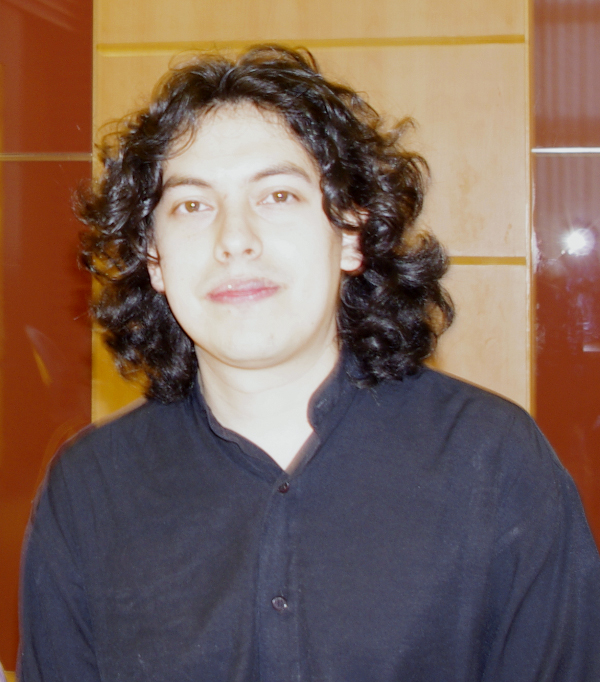Daniel A. Silva Manzano, Ph.D.

- Title
- Postdoctoral Fellow
- Department
- Department of Biochemistry
- Institution
- University of Washington
- Address
-
J Wing, HSB, Room J-555, Box 357350
1959 NE Pacific Street - City, State, ZIP
- Seattle, WA 98195
- Country
- United States
- [email protected]
- Website
- http://depts.washington.edu/bakerpg/drupal/

- Research field
- Computational Biology
- Award year
- 2012
- Country of origin
- Mexico
- Mentor name
- Dr. David Baker
Research
Recently, the rational design of functional proteins has become a reality. The most simple and fundamental designs are those in which the function is to bind a ligand. Due to the complexity of protein design, previous studies pursued ligand-binding design based on a reductionist approach: given a theoretical model of the desired protein-ligand complex, design the interactions of the bound state to provide protein-ligand complementarity. However, this approach obviates the importance of the binding mechanism, assuming that pure diffusion will drive the binding event. This strategy limits our design efforts to those cases in which the receptor protein exhibits little or no conformational change between the unbound and bound states. In many cases the affinity of such designs falls short when compared to natural proteins. The aim of protein design is to generate human-made proteins that can perform de novo functions in a way that is as efficient as its natural counterparts. The incorporation of binding mechanisms to the design is an essential step to get closer to this goal. Incomplete information about the dynamics of the binding process has been the biggest limitation to include binding mechanisms in the design. However, recent advances in Nuclear Magnetic Resonance and Molecular Dynamics simulations had shed light in the microscopic details of conformational selection and induced fit ligand binding mechanisms. Therefore, the necessary information to design better proteins is now available. The aim of our work is to generate the theoretical and experimental framework for the rational design of binding mechanisms in proteins. The results of this project have the potential to generate important advances in our ability to design functional proteins and will change our current understanding of protein mechanisms. This work will advance our abilities to design proteins that can be used in many industries including drug production and green energy technology.